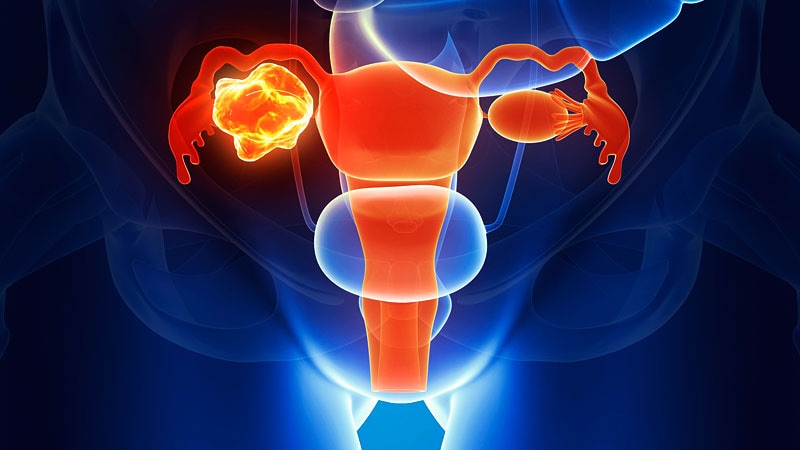Despite the introduction of specialist pancreatic cancer centres, resection rates are low and survival remains poorer than in comparable countries, suggests a new study.
The study examined data from the National Cancer Registration and Analysis Service to determine the incidence of pancreatic exocrine cancer in England during 1995-2014 as well as age-standardised net survival up to five years after diagnosis for patients diagnosed during 2000-2013.
Population-based survival for exocrine pancreatic cancer in England was compared across the 23 regions covered by specialist centres, which were initiated in 2001.
The data revealed that age-standardised annual incidence rates increased from 17.1 per 100,000 during 1995-1999 to 18.7 per 100,000 during 2010-2014. Age-standardised one- and five-year net survival increased from 17.9 per cent and 3.6 per cent, respectively, in 2000-2009 to 21.6 per cent and 4.2 per cent in 2010-2013.
There were 2086 (8.9%) resections among 23,415 patients diagnosed with an exocrine tumour during 2010-2013. The proportion ranged from 5.1 per cent to 19.6 per cent between centres.
Among resected patients, one- and five-year survival were 73.0 per cent and 20.2 per cent, respectively. Five-year survival was 2.1 per cent for those who were not resected.
The number of resections performed in each centre was not correlated with one-year survival.
The authors say these observations reflect an inability to provide timely access to full investigation and effective treatment for patients with pancreatic exocrine cancer, reflecting systematic issues of health care funding and organisation.



